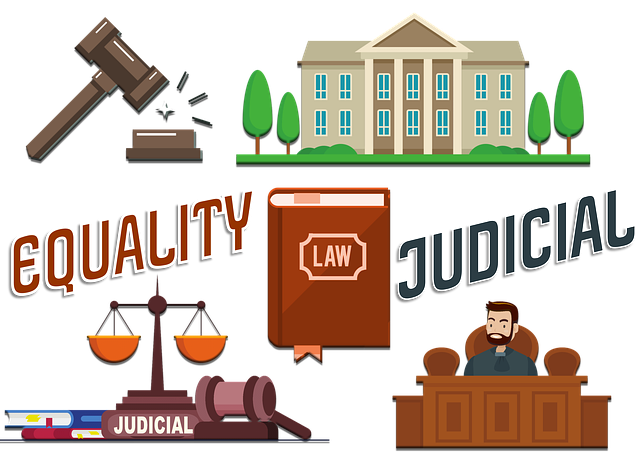Oregon's Child Welfare Court is a vital, complex system focusing on protecting vulnerable children, involving judges, social workers, attorneys, and foster care providers. Navigating these court procedures requires understanding hearings, assessments, and dispositions, with parents entitled to legal representation and resources like legal aid and education programs to ensure their rights are protected and positive outcomes for their children achieved.
“Uncovering the intricacies of Oregon’s child welfare court system is crucial for anyone involved in these sensitive cases. This comprehensive guide aims to demystify the legal landscape, empowering parents and guardians with knowledge. We explore key players, from social workers to judges, and their roles in the court process. Understanding Oregon’s unique court procedures is essential for navigating the journey from petition filing to disposition. Discover valuable resources and protect your rights in this challenging yet vital aspect of family law.”
- Understanding Oregon Child Welfare Court: Key Players and Their Roles
- Navigating the Court Process: From Petition to Disposition
- Legal Rights and Resources for Parents Involved in Oregon Child Welfare Cases
Understanding Oregon Child Welfare Court: Key Players and Their Roles

Oregon’s Child Welfare Court plays a crucial role in ensuring the safety and well-being of vulnerable children within the state. Understanding the key players and their distinct roles is essential for anyone navigating court procedures in Oregon related to child welfare. The court system involves various professionals, including judges, social workers, attorneys, and foster care providers, each with specific responsibilities.
Judges in these proceedings are tasked with making impartial decisions based on evidence presented during hearings. They review cases, consider the best interests of the child, and issue orders regarding custody, visitation, and services required to support the minor’s well-being. Social workers act as advocates for children, conducting investigations, assessing family situations, and developing plans to safely return children home or place them in suitable foster care settings. Attorneys represent the rights of both the child and involved parents, ensuring a fair process throughout court procedures in Oregon. Foster care providers offer temporary homes and nurturing environments while the court works towards permanent solutions.
Navigating the Court Process: From Petition to Disposition

Navigating the court process in Oregon’s child welfare system can be a complex and emotional journey. The initial step begins with a petition being filed, outlining the concerns and allegations regarding a child’s safety and well-being. This document serves as the foundation for the case, triggering a series of court procedures designed to protect and serve the best interests of the minor.
Once the petition is filed, various hearings are held to assess the situation. These proceedings include detention hearings, where the court decides whether a child should be temporarily placed in protective custody, and adjudication hearings, where evidence is presented to determine if the allegations in the petition are true. Throughout this process, social workers and legal representatives guide families, ensuring they understand their rights and options. The ultimate goal is to reach a disposition, which may involve returning the child to their home with services or, in some cases, placing them in alternative care arrangements.
Legal Rights and Resources for Parents Involved in Oregon Child Welfare Cases

Parents involved in Oregon child welfare cases have specific legal rights and resources available to them throughout the court procedures. Understanding these rights is crucial for navigating the system effectively. In Oregon, parents are entitled to legal representation, ensuring they can access professional guidance tailored to their unique circumstances. They have the right to attend all hearings and participate actively in the process, allowing them to voice their concerns and advocate for their children.
The state of Oregon also provides various resources to support parents. This includes legal aid organizations offering free or low-cost legal services, parent education programs, and advocacy groups dedicated to helping families involved in child welfare cases. These resources empower parents to better understand their rights, challenge potential errors in court procedures, and ultimately ensure the best possible outcome for their children.
